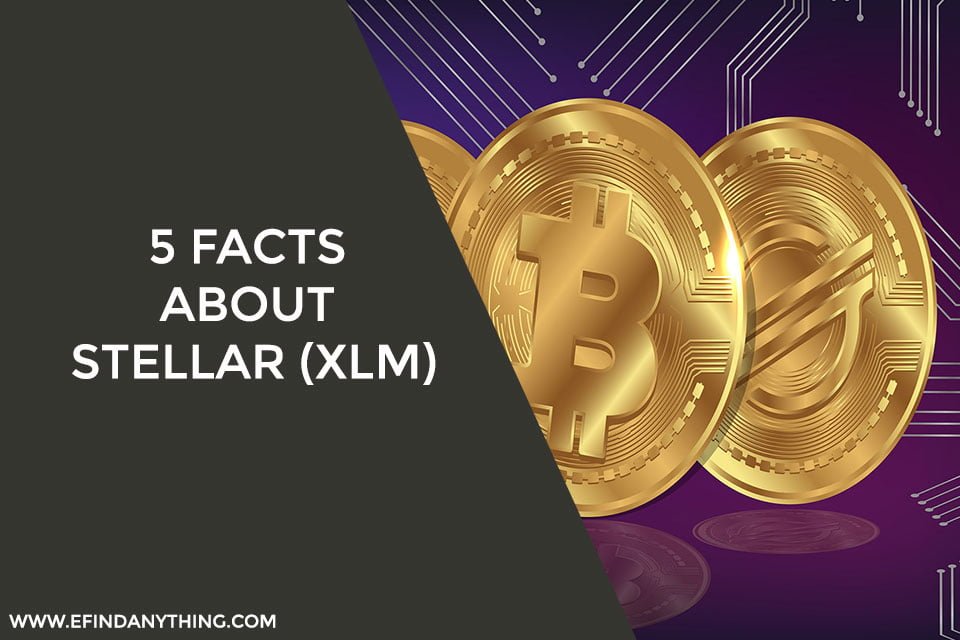Virtual private network services are presently operating in a lawless environment with few regulations, few standards, and no regulatory authority. As a result, VPN service providers are free to make wild promises about their services since there is no regulation to hold them accountable. Numerous businesses present on the market have offices all over the world, making any kind of supervision very difficult.
In this article, we will share the details about things you need to know about a VPN service, including which one is the best free VPN.
Table of Contents
What is a VPN?
What is a VPN? In the most basic sense, it is simply a device that sits on your computer, tablet, or smartphone that runs a VPN server in a different location than the one you’re currently connected to. The host’s IP address is altered to show up as that of the VPN server. This makes it appear like you’re communicating with a server in a different location.
The advantage of using a VPN is that by using a different location, you can connect to sites that may otherwise be blocked. Why do I need a VPN? With the advent of the internet, people began sharing files online. Originally, people used to use P2P clients, but with the rise of P2P file-sharing sites like The Pirate Bay, Torrents, and KickassTorrents, people began using VPNs instead.
VPNs Promise a Lot of Things
For instance, a VPN for Windows can solve all of your bandwidth woes with a tunnel that masks your online traffic, protecting you from those pesky bandwidth throttling restrictions in nations such as the U.S. That’s an impressive feature, but not one many folks are aware of.
In fact, the promise of an “unlimited bandwidth” VPN service is one that comes up in surveys all the time. Of course, there are almost always strings attached – and they can be rather complicated. You can protect all your online activity with a VPN service, but not everyone needs or wants that much protection. In fact, there’s a fine line between what VPN service provides and what they claim to do.
Why Do You Need a VPN?
When you use a VPN, your internet traffic is indistinguishable from that of the general internet. Instead of being routed through the corporate servers of your internet service provider (ISP), all your data is routed through a small portion of servers at the VPN provider’s locations.
In order to reach a company-wide Wi-Fi network, you would connect to the service’s public Wi-Fi, which means that your data would be routed through a variety of routers. This includes some of the most commonly used routers, like those in schools and libraries. These routers often have lax security and allow hackers to intercept a large portion of your internet traffic. When you use a VPN, only your data and the data of the people you connect to your VPN are sent through a VPN server.
The Best VPN Provider
In terms of what’s the best free VPN for Windows, there are several good options. However, iTop VPN is highly recommended, especially due to its strong privacy protections and fast speeds. So, let’s take a look at some of the important reasons why it’s better to use iTop VPN than not. Secure your internet connection that is connected to the rest of the world, but what makes it secure? iTop VPN takes an unusual approach in that they actually use Tor, an anonymous network that’s designed to conceal your actual IP address. By encrypting the connection, your IP address isn’t exposed.
Conclusion
None of these things, however, should necessarily deter you from using a VPN service, especially if it is a free service. As you can see from the section above, VPN services are quickly becoming very affordable and come in a number of different flavors. If you’re using a modern browser, you can use one of many free VPN services to protect your privacy from the prying eyes of your ISP.





